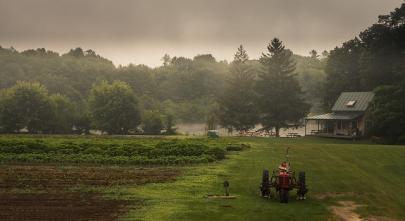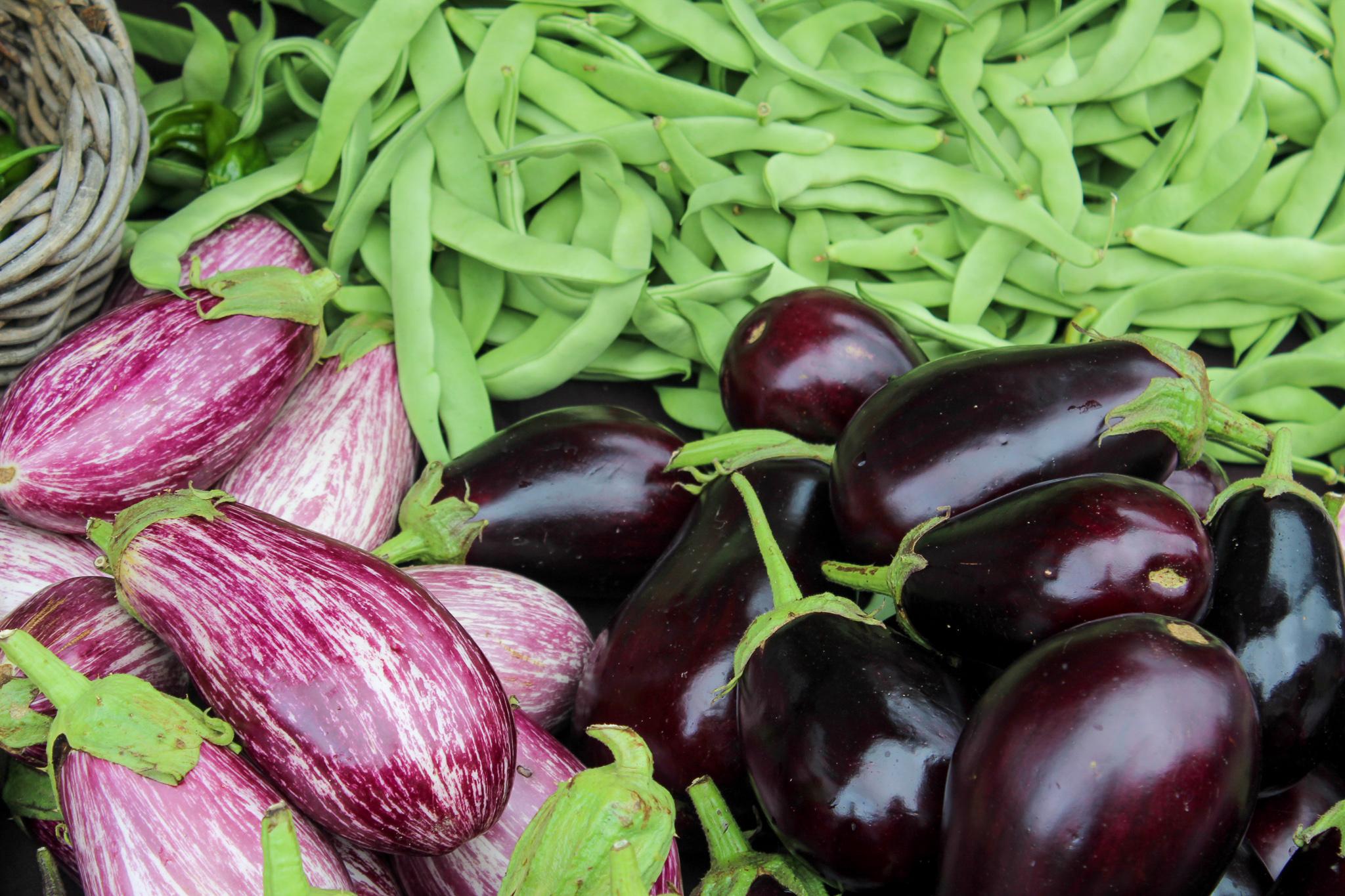By Maddie Monty, NOFA Vermont Office Manager and Policy Advisor
If there’s one policy issue that has been making waves in Vermont’s farming community in this early part of 2015, it is water quality. While the condition of Lake Champlain and Vermont’s other waterways has been a source of concern for years, Governor Shumlin’s inaugural address in January cast new light on the subject, calling for changes to common agricultural practices and stricter enforcement of water quality regulations. House bill H.35, introduced in late January, aims to carry out this agenda. A Senate version, bill S.49, is also under consideration. Though there are some differences between the bills, they share a common goal: to enhance protections of Vermont’s waters.
One key component of both bills is a requirement to revise existing accepted agricultural practices (AAPs), a set of practices with which all farms are expected to be in compliance. The bills also propose to create a statewide definition for “small farms” for the first time ever, and to require that small farms certify their compliance with the revised AAPs and all water quality regulations. Perhaps the most controversial aspect of the proposal is a provision that ties participation in the Current Use Program to compliance with AAPs and other water quality regulations.

The Current Use penalty was removed by the House Agriculture Committee, but could still be reinstated at a later stage. The good news for organic farmers, and Vermont’s waterways, is that many of the protections called for in H.35 include practices already being used on organic farms to improve soil health, reduce soil erosion, and curtail nutrient runoff into Vermont’s streams, rivers, and bays.
Organic farms are required to use tillage and cultivation methods that minimize soil erosion, to maintain buffer zones between tilled land and waterways, and to manage pastureland as well as manure and other nutrients in a way that does not put water quality at risk. Vermont’s organic farmers are setting a standard for practices that protect our state’s natural resources, and can be leaders in this critical effort to improve water quality.

